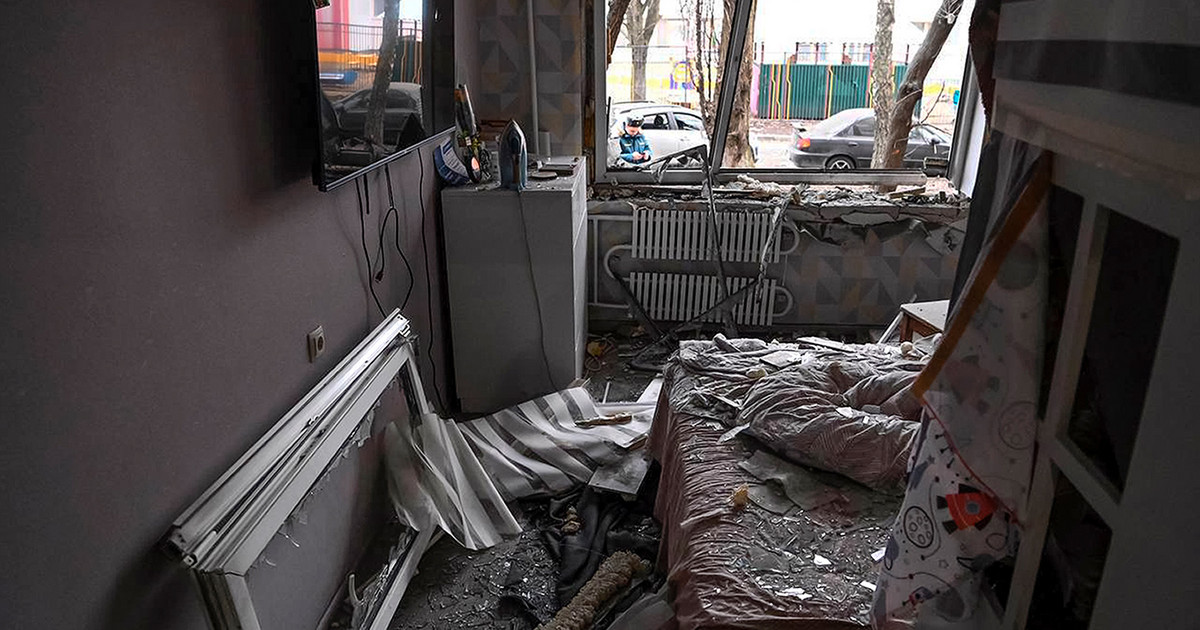The Brazilian government defended, during COP26 (26th Climate Conference of the United Nations), the implementation of the new Legal Framework for Sanitation, which provides for the recovery of degraded basins and public and private investment to universalize water and sewage services until 2033. Today, each Brazilian generates, on average, almost a kilo of garbage per day, and a good part of the waste is disposed of inappropriately. About 3,000 dumps that still exist in Brazil release approximately 27 million tons of CO2 per year into the atmosphere.
In this episode of E Tem Mais, Carol Nogueira presents a balance of perspectives in light of the Brazilian government’s commitment to expanding access to sewage treatment and collection services in the country. To tell how advances in sanitation can contribute to the country’s social, economic and environmental development, the president of the Trata Brasil Institute, Édison Carlos, and the production engineer Milton Pilão, a specialist in waste management, participate in this episode.
Discover CNN Brasil’s podcasts:
and there is more
Brasilia time
Between Voices
CNN World
business soul
5 facts
Market opening
At Palma da Marie
All content on CNN Brazil’s digital grid is free.
(* Posted by Diego Toledo)
Reference: CNN Brasil






